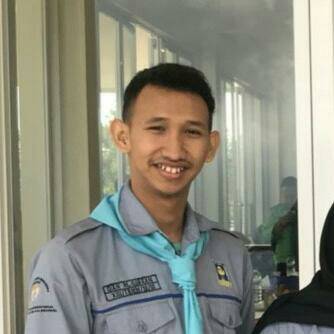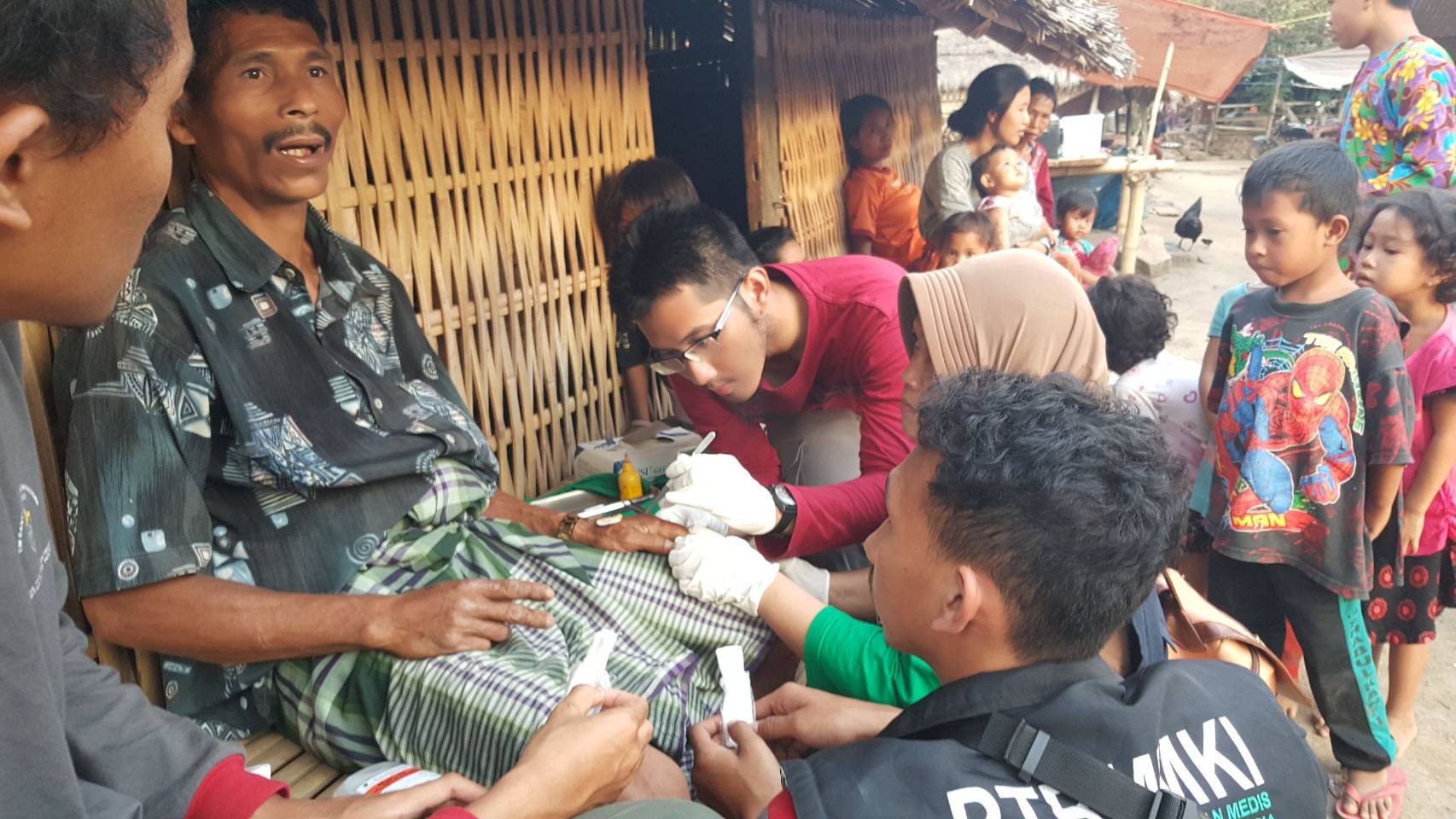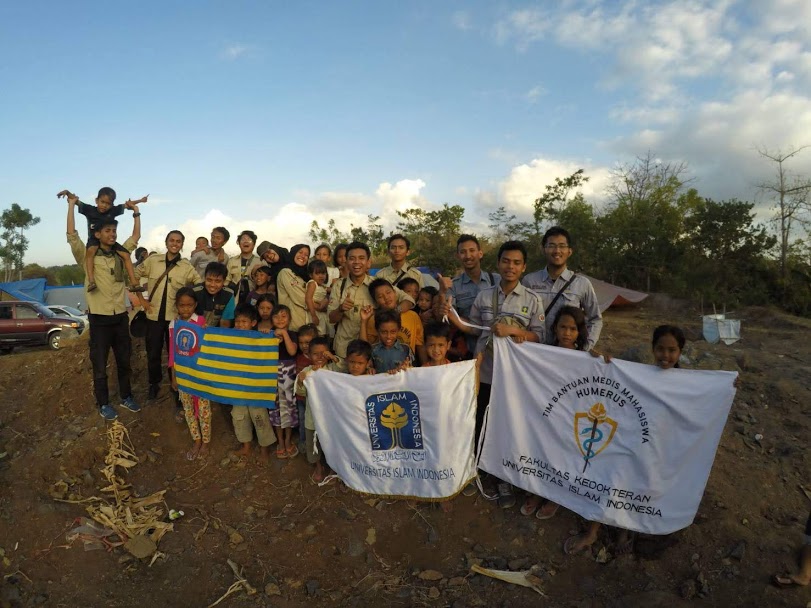Student Opinion: Observing the Role of Students in Humanitarian Action

Indonesia is a country that geographically has the potential to experience major disasters. The National Disaster Management Agency (BNPB) noted that during January-September 2019 there were 2.829 disasters. These disasters resulted in injuries, deaths, damage to city infrastructure, offices, places of worship, and residents' housing. In addition, disasters also present deep trauma for the victims.
It is not an exaggeration to call a disaster a human tragedy. How not, natural disasters hit everyone indiscriminately. Starting from children, the elderly, good people, bad people, natives, non-indigenous people, all have the potential to become victims of natural disasters. However, we should be proud when we see the phenomenon of disaster from another perspective. We are proud because when a disaster occurs, it can be seen that the values of mutual cooperation, togetherness, social empathy, and generosity are still maintained among the nation's children. It is as if all elements of society are without orders and commands to directly carry out humanitarian actions. They all selflessly donate whatever they have to relieve disaster victims.
Reflecting on the phenomenon of the earthquake in Lombok in 2018, with the catastrophic conditions being so devastating plus the government which also did not designate this disaster as a national disaster, it does not mean that residents outside the Lombok area are silent and don't care. On the other hand, the support from people outside the West Nusa Tenggara region was so palpable that waves of volunteers and aid came and went. At the disaster site we will see people from various elements working hand in hand in providing services to the victims. One such element is students.
When the victims of the disaster really needed a helping hand, the students were willing to leave their studies to become volunteers in the midst of a disaster. While several other students descended on the disaster site, several other students were busy collecting donations for the victims. Do not forget also the very good support from the University in providing assistance to students who fell down the disaster. This phenomenon shows Universitas Islam Indonesia (UII) really understands that disaster management is a shared affair.
There is an interesting story when the disaster management team from UII and I were involved in the Lombok earthquake in 2018. One morning we visited an evacuation post that had not been touched by the medical team. There we had the chance to talk and listen to a mother who enthusiastically shared her and her family's fears when the main earthquake occurred. He told that his family ran 7 KM just to avoid the tsunami. After talking for a long time we decided to continue the journey to the next post. Before we left, the mother approached and said many thanks like someone who had been given something. From this incident I judge that what we think is small will be very meaningful for those who are in need.
Humanitarian actions by students cannot be underestimated. Humanitarian action is a student movement and a manifestation of social concern. The role of students in this case is concrete, real, and no less important than student movements in other forms such as research, attending scientific conferences, participating in scientific competitions, even demonstrations. With their sincere intention, they were there to help victims in carrying out evacuations, to help provide treatment, to help eliminate trauma in children, to the victim data collection process.
Humanitarian action carried out during a disaster is an alternative movement carried out by students to help people who need assistance. In the end we all have to learn that sharing is not an option, but a necessity. (Dian Muhammad Gibran)


